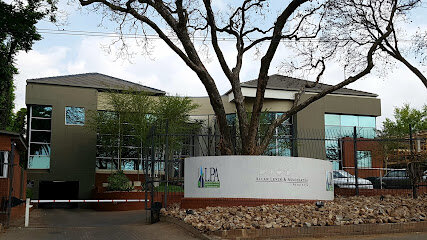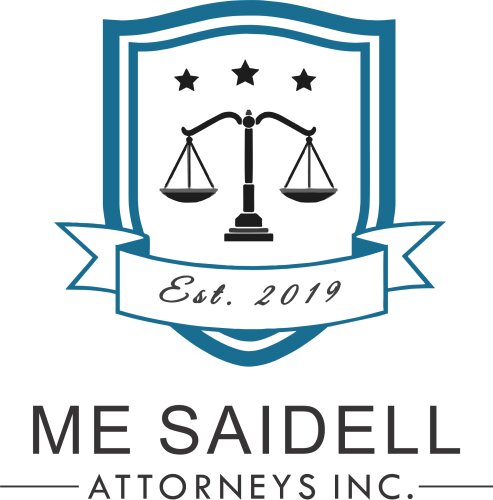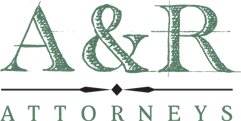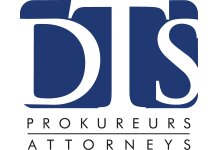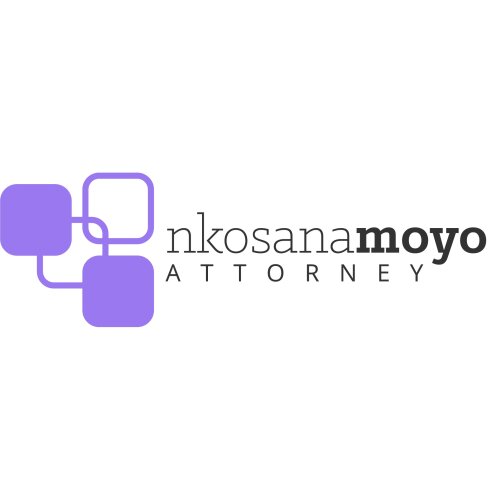Best New Business Formation Lawyers in Johannesburg
Share your needs with us, get contacted by law firms.
Free. Takes 2 min.
List of the best lawyers in Johannesburg, South Africa
About New Business Formation Law in Johannesburg, South Africa
New Business Formation involves the legal processes required to set up a new company in Johannesburg, South Africa. This includes selecting a business structure such as a sole proprietorship, partnership, or company, registering with the Companies and Intellectual Property Commission (CIPC), obtaining necessary licenses and permits, and complying with local laws and regulations. Johannesburg, as a major economic hub, provides a vibrant environment for new businesses, but understanding the legal landscape is crucial to avoid pitfalls and ensure long-term success.
Why You May Need a Lawyer
Engaging a lawyer for new business formation in Johannesburg can safeguard your interests and ensure compliance with legal obligations. Common situations where legal assistance may be beneficial include:
- Choosing the appropriate business structure to optimize tax and legal liability.
- Drafting and reviewing partnership agreements or incorporating documents.
- Handling intellectual property matters, such as trademark registration.
- Navigating employment laws when hiring staff.
- Resolving disputes with business partners or third parties.
- Raising capital and ensuring compliance with investment regulations.
Local Laws Overview
Starting a new business in Johannesburg involves understanding several essential legal regulations:
- The Companies Act 71 of 2008 governs company registrations, corporate governance, and other business activities.
- Businesses must register with the CIPC and obtain a unique company name and number.
- Tax registration with the South African Revenue Service (SARS) for VAT, PAYE, and income tax purposes is mandatory.
- Compliance with the Broad-Based Black Economic Empowerment (B-BBEE) guidelines, which aim to promote economic transformation.
- Obtaining specific permits or licenses, which may be required depending on the business type and industry.
- Adhering to the Labour Relations Act and Basic Conditions of Employment Act when employing staff, covering aspects like wages, conditions, and workplace policies.
Frequently Asked Questions
What are the basic steps to start a business in Johannesburg?
Choose a suitable business structure, register your business with the CIPC, obtain a SARS tax number, and ensure compliance with licensing and permit requirements applicable to your industry.
How do I choose the correct business structure?
Consider factors such as liability, taxation, and management structure. Consulting a lawyer can help you determine the best option based on your specific needs and goals.
Is intellectual property protection important for new businesses?
Yes, protecting your trademarks, patents, or copyrights is crucial to maintaining a competitive edge and safeguarding your business's innovations and brand identity.
Do I need a B-BBEE certificate?
Compliance with B-BBEE is necessary if you participate in government tenders or require funding from entities that prioritize B-BBEE compliant businesses.
When should I register for VAT?
You need to register for VAT with SARS when your business reaches a turnover threshold of R1 million over 12 months or voluntarily if below this threshold.
What are the costs associated with starting a business?
Costs can include registration fees, legal fees for drafting constitutive documents, license fees, and operational costs specific to your business type.
What permits or licenses might my business need?
Requirements vary by industry. For instance, a food business needs health permits, while a construction company might need special building permits.
How long does the business registration process take?
Typically, business registration with the CIPC can take a few days to a few weeks, depending on various factors, including the completeness of your application.
Can I start a business while still employed?
Yes, but ensure your employment contract permits this and there’s no conflict of interest with your current employer.
What legal documents should I have when forming a new business?
Common legal documents include partnership or shareholder agreements, bylaws, employment contracts, and non-disclosure agreements.
Additional Resources
Several resources can assist you in the new business formation process:
- The Companies and Intellectual Property Commission (CIPC) for business registration and regulations.
- The South African Revenue Service (SARS) for tax guidelines and registration.
- The Department of Trade and Industry (DTI) for information on business incentives and support.
- Johannesburg Chamber of Commerce and Industry (JCCI) for networking and business advice.
- Legal firms specializing in commercial law for comprehensive legal services.
Next Steps
If you require legal assistance with your new business venture, consider reaching out to a qualified commercial lawyer in Johannesburg. Conduct due diligence by checking the lawyer's background, fees, and area of expertise. Initial consultations often provide the opportunity to discuss your needs and receive tailored legal advice, setting a solid foundation for your business's future success.
Lawzana helps you find the best lawyers and law firms in Johannesburg through a curated and pre-screened list of qualified legal professionals. Our platform offers rankings and detailed profiles of attorneys and law firms, allowing you to compare based on practice areas, including New Business Formation, experience, and client feedback.
Each profile includes a description of the firm's areas of practice, client reviews, team members and partners, year of establishment, spoken languages, office locations, contact information, social media presence, and any published articles or resources. Most firms on our platform speak English and are experienced in both local and international legal matters.
Get a quote from top-rated law firms in Johannesburg, South Africa — quickly, securely, and without unnecessary hassle.
Disclaimer:
The information provided on this page is for general informational purposes only and does not constitute legal advice. While we strive to ensure the accuracy and relevance of the content, legal information may change over time, and interpretations of the law can vary. You should always consult with a qualified legal professional for advice specific to your situation.
We disclaim all liability for actions taken or not taken based on the content of this page. If you believe any information is incorrect or outdated, please contact us, and we will review and update it where appropriate.




